Peter Schiff: You’ve Got to Know When It’s Time to Leave the Party
For months, Peter Schiff has been warning that the stock market is a bubble. It is detached from any political or economic reality and is being driven by Federal Reserve monetary policy. During an interview on NTD Business News, Peter said a lot of investment advisors know this too, but they are advising people to stay in because the bubble has more room to grow. But he warned this isn’t good advice. When it comes to bubbles, you have to know when to leave the party.
Peter said it’s impossible to precisely “time the market” and get out before the bubble pops.
By definition, if everybody were to figure out at the same time that the party’s over and it’s time to leave, they can’t sell, because somebody has to buy. So, whenever you’re in a bubble, people have the same conceit. Participants think that they’ll be able to know when to get out. But if you’re waiting for an obvious sign, it’s going to be obvious for everybody, not just you. And then it’s too late. So, you have to be willing to leave the party early. Otherwise, you’re never going to leave and you’re going to end up taken away when the police come to raid it.”
Peter pointed out that the only people who make money in a bubble are the people who get out before it pops.
But of course, there’s usually not that many of those. Some of them are smart enough to get out early, and some of them are lucky and they get out in time, but the vast majority don’t.”
Peter said there might be a difference when this bubble pops. Instead of the stock market crashing, it may well be the dollar that plunges.
The US government is willing to sacrifice the dollar to prop up the stock market because they’re worried about the stock market going down. They don’t really care about the dollar going down. But the stock market going down has obvious, immediate problems that they want to avoid. So, they’re going to do whatever they can to keep this party going, and that means they’re going to sacrifice the dollar.”
So what should investors do? Peter said they don’t just need to get out of stocks. They need to get out of dollars. That means moving into emerging market stocks, foreign stocks, commodities, and gold.
The host pointed out that many other central banks are following the same path as the Fed with artificially low interest rates, money printing, and quantitative easing. Does Peter think other currencies such as the euro could be at risk of crashing?
All the major central banks, and even the smaller central banks, are inflating. Everybody’s too easy and creating too much money. Everybody’s got interest rates too low. But America is unique in the enormity of the problem, and how our economy is totally dependent on the reserve currency status of the dollar and our ability to run huge trade deficits, current account deficits, budget deficits. So, I think that when this system comes to an end, which it has to, Americans are going to suffer in a much greater degree than other people who haven’t been dependent on this system. We’ve been the primary beneficiary, but the rest of the world has had to subsidize the US economy. And that subsidy exacts a cost. So, America benefits at the world’s expense.”
The International Monetary Fund has advised every country to spend freely during the pandemic. Peter said he thinks it’s a horrible idea, not just because of his background in Austrian economics, but because he has common sense.
Obviously, the IMF has none. Clearly, if you are in trouble and if there is an economic problem, you need to conserve resources in order to deal with the problem. You need to have those resources available and you need to be able to put them to productive use, especially when they’re needed more. The last thing you would want to do is to go out and squander what you have saved on consumption. And that’s exactly what the IMF is advising. ‘Oh, we have a problem. People are sick. They can’t go to work. So, instead of conserving what we have to get us through this rough time, let’s just go have a spending party. Let’s go blow our savings, go out and buy a bunch of stuff that we don’t even need and create a much bigger problem than the one that we have.'”



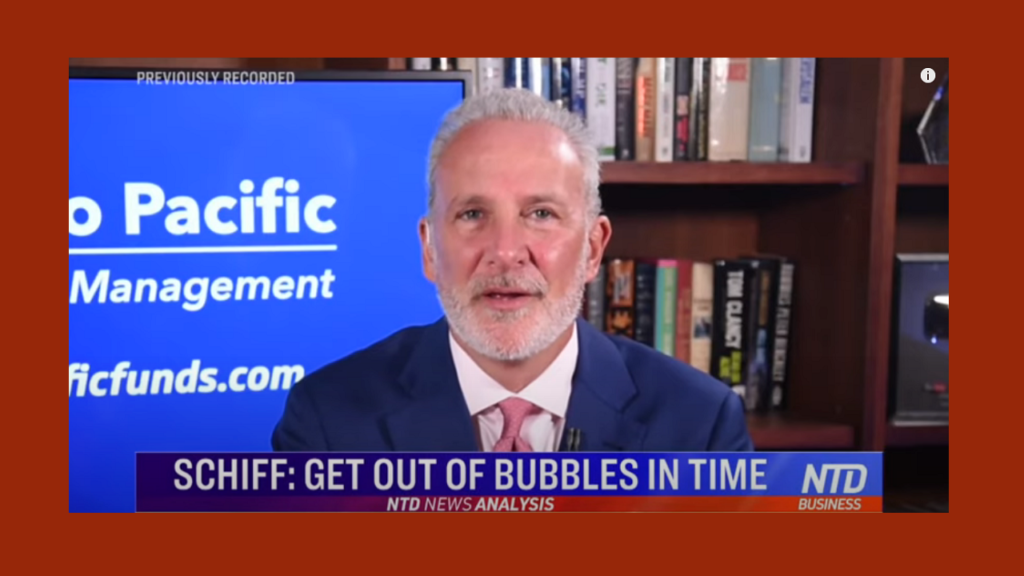

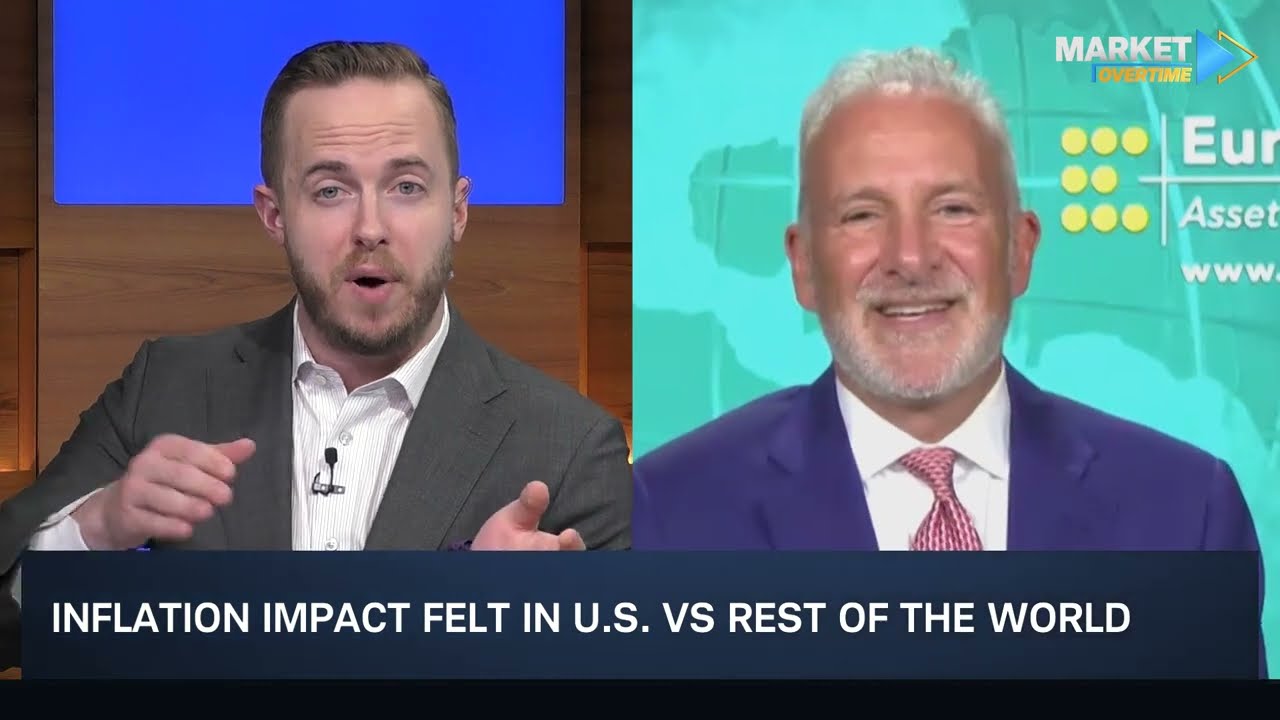 Peter recently appeared on Market Overtime with Oliver Renick for an interview. In their wide-ranging discussion, Peter speaks on monetary policy, the reliability of inflation data, and reasons to avoid Bitcoin.
Peter recently appeared on Market Overtime with Oliver Renick for an interview. In their wide-ranging discussion, Peter speaks on monetary policy, the reliability of inflation data, and reasons to avoid Bitcoin.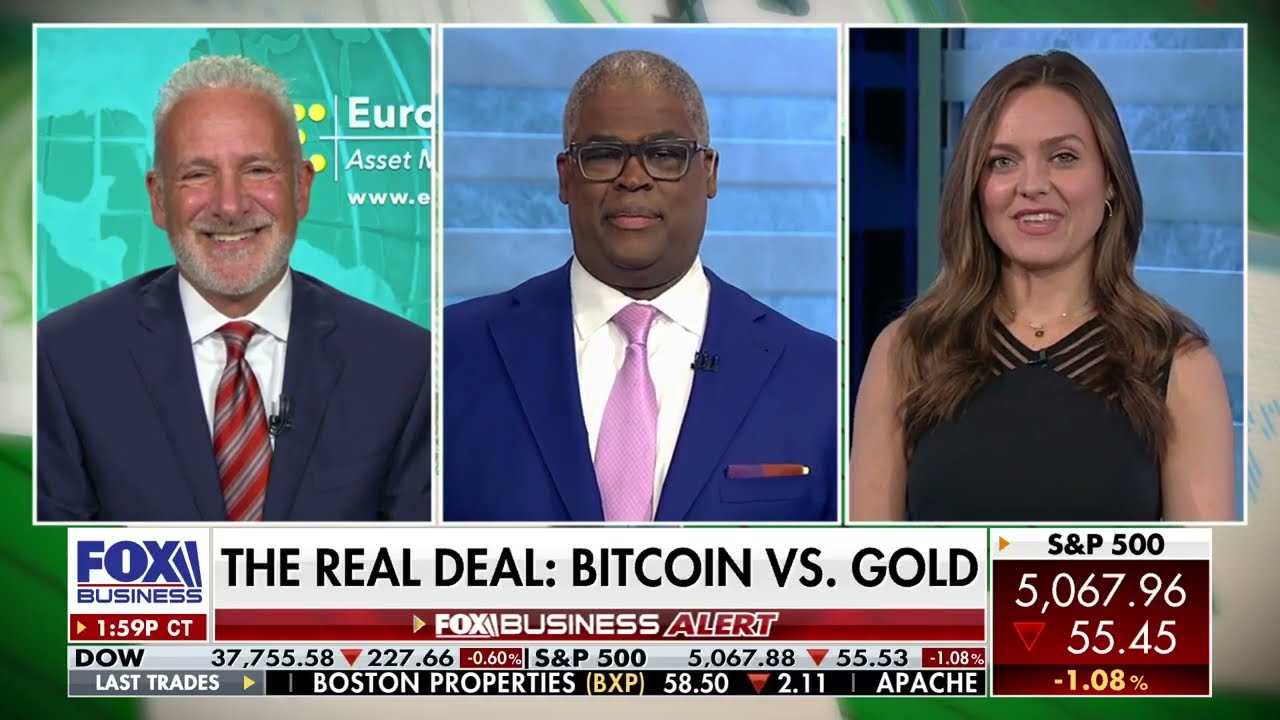 Peter recently appeared on Fox Business to discuss Bitcoin’s recent performance. In this segment, he takes on Natalie Brunell, host of the podcast Coin Stories, in a friendly debate on the merits of crypto and precious metals.
Peter recently appeared on Fox Business to discuss Bitcoin’s recent performance. In this segment, he takes on Natalie Brunell, host of the podcast Coin Stories, in a friendly debate on the merits of crypto and precious metals.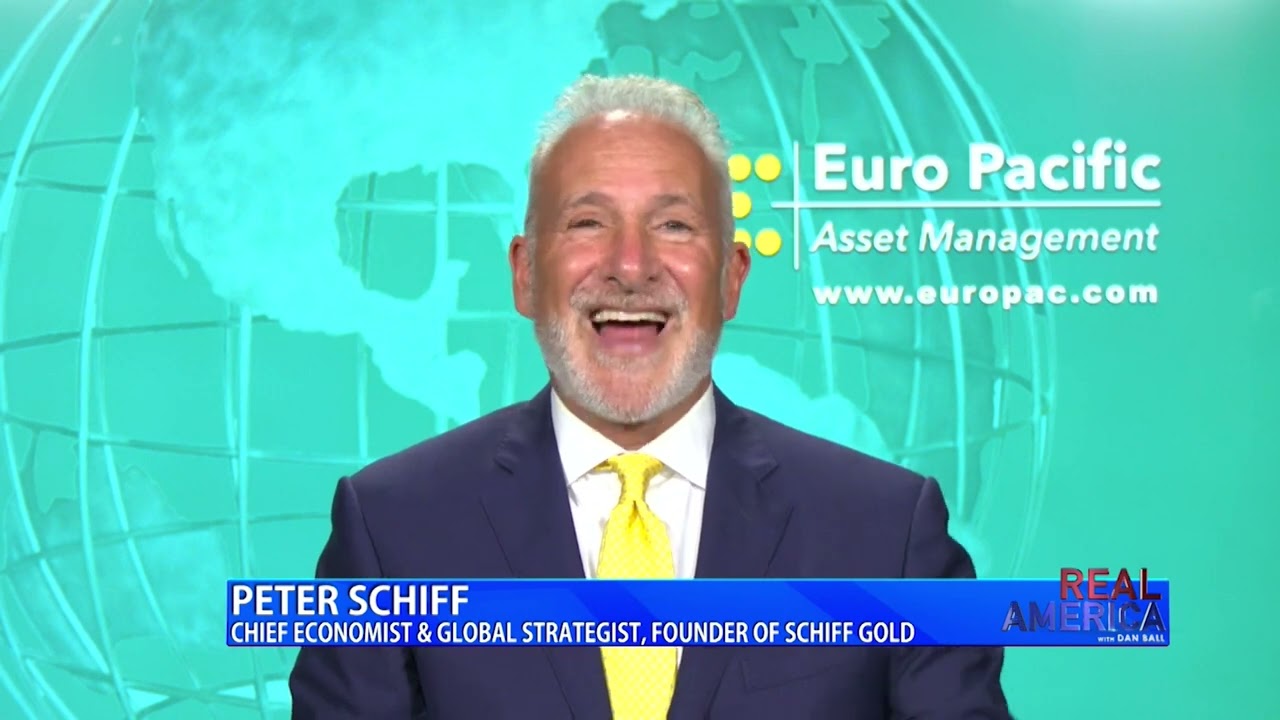 On Thursday, Peter appeared on OAN’s Real America with Dan Ball to discuss the U.S. Strategic Petroleum Reserve, the costs of home ownership, and the debt crisis. Peter argues the Biden administration won’t be able to refill the reserve, given oil’s 22% price increase this year. With the CRB exploding, Jerome Powell’s claim that inflation is coming […]
On Thursday, Peter appeared on OAN’s Real America with Dan Ball to discuss the U.S. Strategic Petroleum Reserve, the costs of home ownership, and the debt crisis. Peter argues the Biden administration won’t be able to refill the reserve, given oil’s 22% price increase this year. With the CRB exploding, Jerome Powell’s claim that inflation is coming […]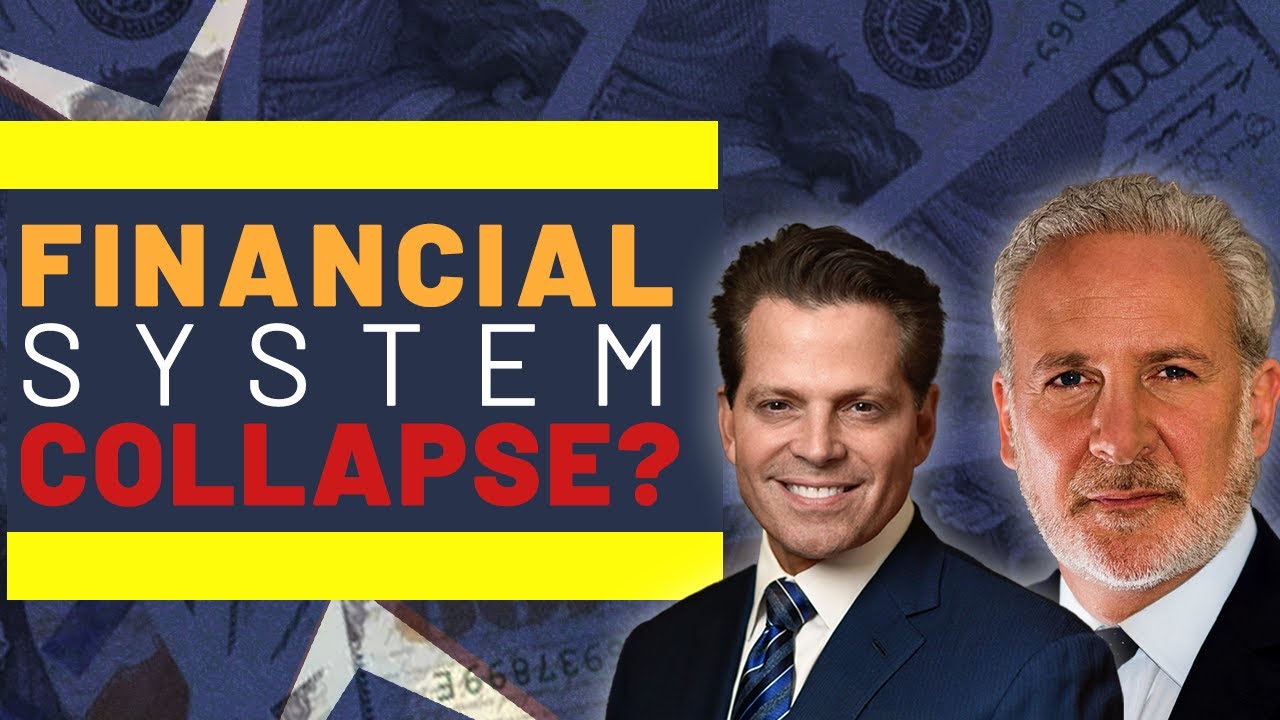 Last week, Peter was interviewed on Speak Up with Anthony Scaramucci. In their conversation, they covered a wide range of important topics, including inflation, the fate of the dollar, and the trade-offs between gold and cryptocurrency.
Last week, Peter was interviewed on Speak Up with Anthony Scaramucci. In their conversation, they covered a wide range of important topics, including inflation, the fate of the dollar, and the trade-offs between gold and cryptocurrency.  This weekend, Todd Sachs interviewed Peter on the state of the economy. They discuss the parallels between now and the 2007-2008 housing crisis, the role of economic sentiment in voters’ opinions, and why foreign central banks are losing faith in the dollar.
This weekend, Todd Sachs interviewed Peter on the state of the economy. They discuss the parallels between now and the 2007-2008 housing crisis, the role of economic sentiment in voters’ opinions, and why foreign central banks are losing faith in the dollar.